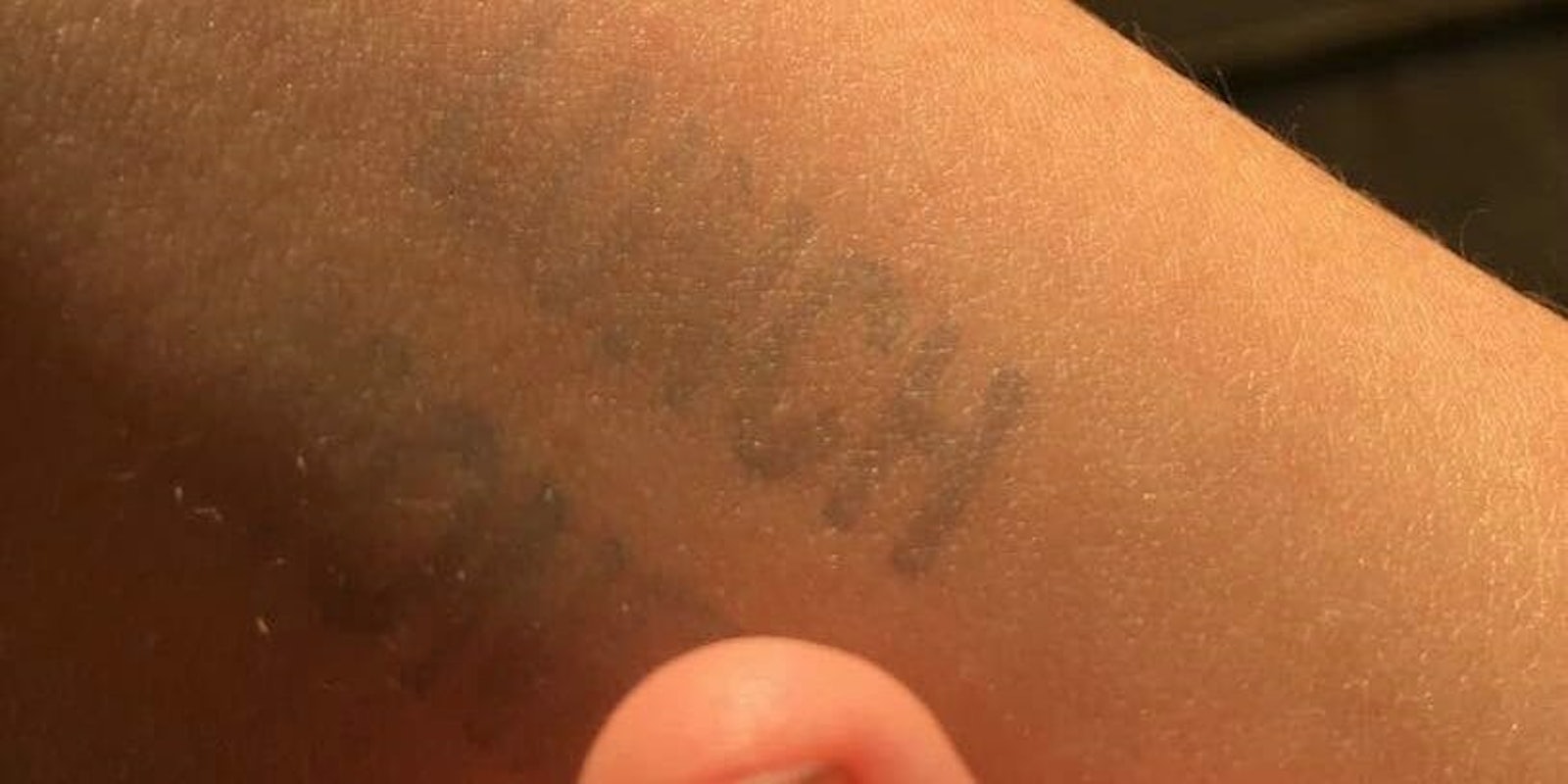The state of New Mexico filed the first law in the country Thursday that focuses on battling and outlawing lunch-money shaming.
The new legislation will help oust the act of lunch shaming, which happens when students cannot afford to pay a school lunch bill. Previously, schools were permitted to make students mop cafeteria floors for food if their families were unable to make hot lunch payments. At times, the children were also strapped with wristbands to notify parents and other students that their lunch was on the school’s expense.
The Hunger-Free Students’ Bill of Rights, signed by Gov. Susana Martinez, will force schools to work alongside students and their parents to help pay debts or sign up for federal meal assistance. The law applies to public, religious, and private schools that receive federal subsidies for breakfast and lunch options.
Activists who have been incessantly condemnatory of lunch shaming and its related practices are taking this as a monumental win, praising the passed legislation. In certain instances, cafeteria staff have been told to throw away hot lunches that students cannot pay for and serve other alternatives like fruit, milk, or sandwiches.
One person tweeted about his friend’s experience with lunch shaming in Arizona.
My friend’s son came home from school Thursday with a stamp on his arm that said “LUNCH MONEY” because his account was low.
— throb gronkowski (@juanyfbaby) April 1, 2017
And this is apparently the way at least one school in Arizona is notifying parents of dwindling lunch funds. Looks like shaming to me.
— throb gronkowski (@juanyfbaby) April 1, 2017
Like, y’all couldn’t send a note? Y’all couldn’t think for two seconds about the numerous references of branding someone as a stigma?
— throb gronkowski (@juanyfbaby) April 1, 2017
This is the stamp. On his wrist. pic.twitter.com/I0OCK8VeBa
— throb gronkowski (@juanyfbaby) April 1, 2017
New Mexico State Sen. Michael Padilla, a Democrat, stated he introduced the bill because of his past in foster homes and undergoing similar degradation growing up.
“I made Mrs. Ortiz and Mrs. Jackson, our school lunch ladies, my best friends,” Padilla told the New York Times. “Thank goodness they took care of me, but I had to do other things like mop the floor in the cafeteria. It was really noticeable that I was one of the poor kids in the school.”
H/T Slate


